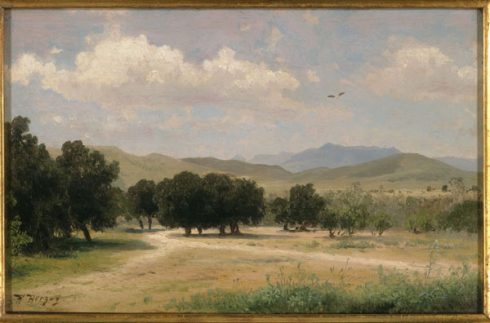Pacifist/Socialist Leader David McReynolds dead at 88
BY MARY REINHOLZ
The first version appeared in The Villager, a downtown Manhattan weekly.
For nearly 40 years, the late pacifist and democratic socialist David McReynolds traveled the world as field secretary for the War Resisters League on missions of peace and social justice. He burned his draft card in Union Square during a 1965 protest against the war in Vietnam when it was a felony to do so. He later became the first openly gay candidate for president when he ran twice on the Socialist Party USA ticket in 1980 and 2000.
But this courteous and kindly man, a native son of Los Angeles who had planned his own memorial, beginning with blues by Bessie Smith and ending with Beethoven’s Ninth, did not go gentle into that good night.
On the evening of Wed., Aug. 15, friends discovered him lying on the floor unconscious with a “gash to his head” inside his first-floor railroad flat in Manhattan’s East Village, his beloved Siamese cat Shaman nearby. He had apparently fallen. His friends called the police, whose officers gained entry to the unit by going into the basement, and then to the back of the building, finding an open window. Read more
The Girl in the Sousaphone Box

New London, Missouri, High School band, 1954. Baylis Glascock is in the front row, last on the right. Click to enlarge.
Baylis Glascock
It was the first year our rural school district had a band. The basketball coach had a brand new ’54 Buick and I had a new cornet. The inside of the cornet case was incredibly plush and reeked of pungent newness. The excitement of possessing this splendid thing was almost as overwhelming as the disappointment at not being able to make a musical sound the first time I tried to play it.
The notion of having a school band was a grand and heady one. It had always seemed that other schools had a band but not us, and now we would have one. The Band Mothers was formed to raise money for uniforms. They held bake sales in the front window of Thomas’s Hardware store. They held a chili supper in the Vocational Ag shop space and they asked for donations. And finally, after great effort, they were able to buy some other school’s cast-off used uniforms. The uniforms had the smell of aged wool and evaporated sweat; buttonholes were frayed, and little hooks that held the coats closed at the collar needed repair. But we forgave all imperfections. The uniforms seemed the very essence of splendor and importance. Read more
Honey and the mystery of El Portezuelo
NOTES FROM ABOVE GROUND
By Honey van Blossom
(Honey is a Belgian Marxist former strip-tease artiste)
[In order to see the detail of the maps and some of the larger photos, you can click on them to see the full size.]

This is an untitled picture, but labeled by the Bancroft library as “a valley near Los Angeles.” It is dated circa 1870. Bancroft Library, the Robert Honeyman, Jr. Collection of Early Californian Art and Western Americana.
[A first part of this study appeared in this column on July 1, titled “Honey’s Search for El Portezuela.”]
A young sailor kept a diary of his voyage on the brig Pilgrim, published as a book in 1840 as Two Years Before the Mast.
The sailor – Richard Henry Dana – arrived in Alta California when it was a province of Mexico, and no longer a Spanish colony. He visited the small city of Los Angeles in 1835.
In his chapter “California and Its Inhabitants,” he wrote, “In the hands of an enterprising people, what a country this might be!”
Dana wrote what most people in the U.S. that had time to think about it believed: the United States should take the Mexican land in Alta California, and eventually, the United States did succeed.
The United States coveted California, even before gold was discovered at Sutter’s Mill. The term “Manifest Destiny,” coined in 1845, expressed an already existing philosophy that drove 19th century U.S. territorial expansion – the United States was destined by God to expand its dominion and spread democracy and capitalism across the entire North American continent. Read more





